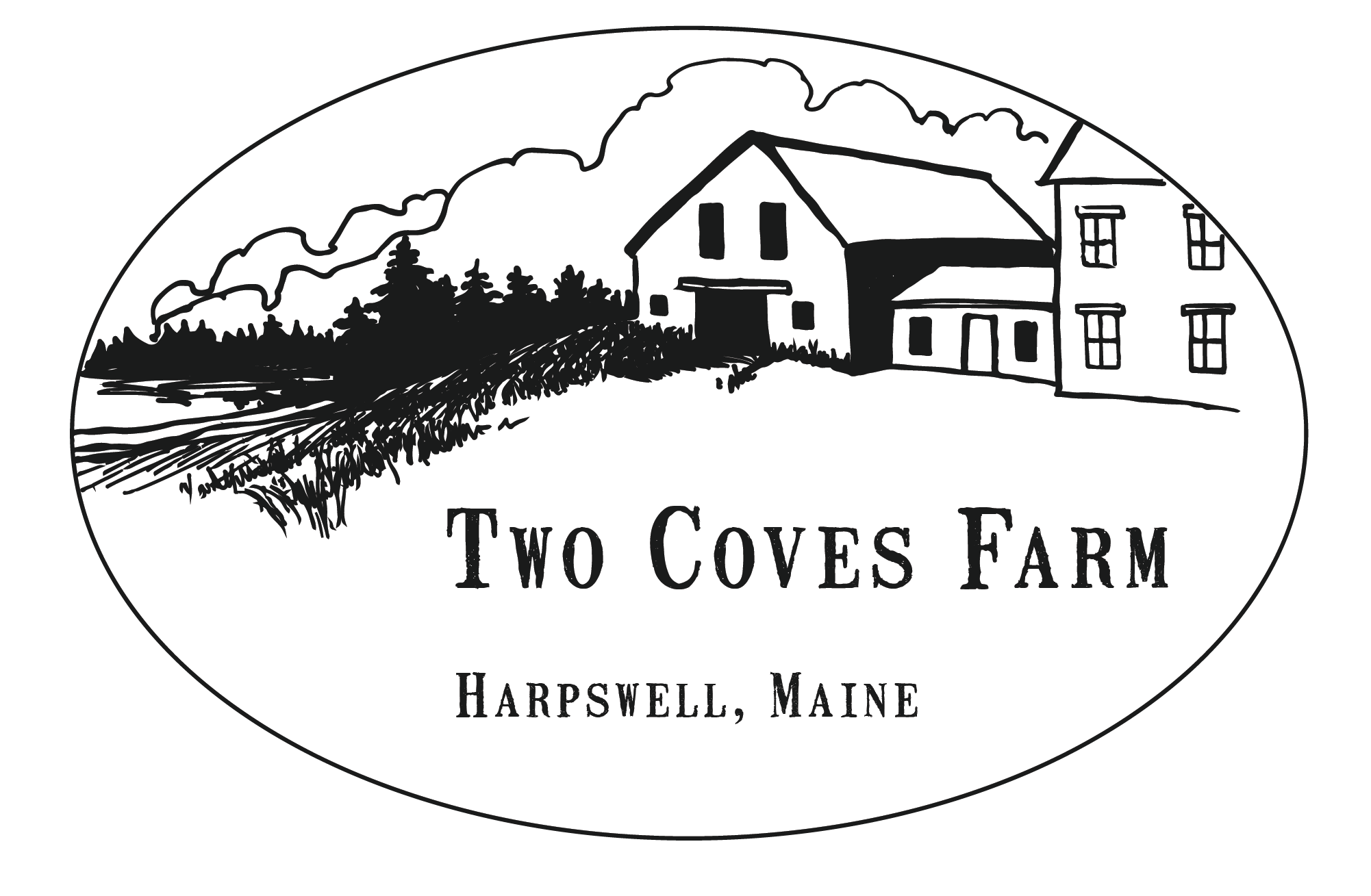The Good, The Bad, and The Ugly
Awoke this morning to another batch of lambs. Triplets this time. While it is an amazing sight and really helps your lambing "percentage" (we are currently at 250% (5 lambs out of 2 ewes) ) the general attitude of triplets among farmers is not positive.
Nature provides two "feeding stations" at the milk tap, as we all know. Three mouths makes for quite a bit of competition, that bit of stress translates into slower growth overall. Generally you are also going to have slightly lower birth weights with triplets. Overall it is more efficient to have a healthy, robust set of twins. In the long run your returns are greater.
However, I only spend some of my time looking at things through that critical business oriented eye. The other side of me simply looks in awe at the three lives that just emerged out of this sheep. Her attention to all three, her concern about each one's location, and her natural ability to keep them close is quite a sight.
Speaking of animal behavior.... our joy at the start of lambing season has been tempered by the continued problems we are having with our new layers. We are up to about 20 small eggs a day, which is good, but the aggressive tendencies of some of the birds continue to be a problem. More docile birds are getting pecked (some even to the point of death, its ugly and quick) and it is a problem not easy to solve at this point.
We took two actions yesterday that we hope help the situation. Our favorite breed, as many of you know, is the breed that lays the blue and green eggs (Araucana). They also happen to be less production oriented and (as far as we can tell) less aggressive. They have been chased and pecked all winter, many of them continue to have no feathers in their back. We took all of them out and put them in another coop hoping to calm the rest down a bit. We also added rescue remedy to the water hoping to, again, calm everybody down.
The hardest part about the recurring problems with these birds is that there is nobody to deflect blame or share it. When you raise animals and understand that nature really has it perfect, you become clear pretty quick that problems that develop in your flock or herd are almost always management issues. I have been amazed, over and over again, at the ability of animals to care for themselves and their young given the proper conditions. When you have a problem manifest itself you have, generally, to only look in the mirror and try to learn form your mistakes. In the mean time.... find ways to relieve the stress that your management has caused so far. Either that or get out the beak clippers, the antibiotics, and the individual cages like the big boys.
I'll keep you posted (is that a blog pun yet?).
Nature provides two "feeding stations" at the milk tap, as we all know. Three mouths makes for quite a bit of competition, that bit of stress translates into slower growth overall. Generally you are also going to have slightly lower birth weights with triplets. Overall it is more efficient to have a healthy, robust set of twins. In the long run your returns are greater.
However, I only spend some of my time looking at things through that critical business oriented eye. The other side of me simply looks in awe at the three lives that just emerged out of this sheep. Her attention to all three, her concern about each one's location, and her natural ability to keep them close is quite a sight.
Speaking of animal behavior.... our joy at the start of lambing season has been tempered by the continued problems we are having with our new layers. We are up to about 20 small eggs a day, which is good, but the aggressive tendencies of some of the birds continue to be a problem. More docile birds are getting pecked (some even to the point of death, its ugly and quick) and it is a problem not easy to solve at this point.
We took two actions yesterday that we hope help the situation. Our favorite breed, as many of you know, is the breed that lays the blue and green eggs (Araucana). They also happen to be less production oriented and (as far as we can tell) less aggressive. They have been chased and pecked all winter, many of them continue to have no feathers in their back. We took all of them out and put them in another coop hoping to calm the rest down a bit. We also added rescue remedy to the water hoping to, again, calm everybody down.
The hardest part about the recurring problems with these birds is that there is nobody to deflect blame or share it. When you raise animals and understand that nature really has it perfect, you become clear pretty quick that problems that develop in your flock or herd are almost always management issues. I have been amazed, over and over again, at the ability of animals to care for themselves and their young given the proper conditions. When you have a problem manifest itself you have, generally, to only look in the mirror and try to learn form your mistakes. In the mean time.... find ways to relieve the stress that your management has caused so far. Either that or get out the beak clippers, the antibiotics, and the individual cages like the big boys.
I'll keep you posted (is that a blog pun yet?).
